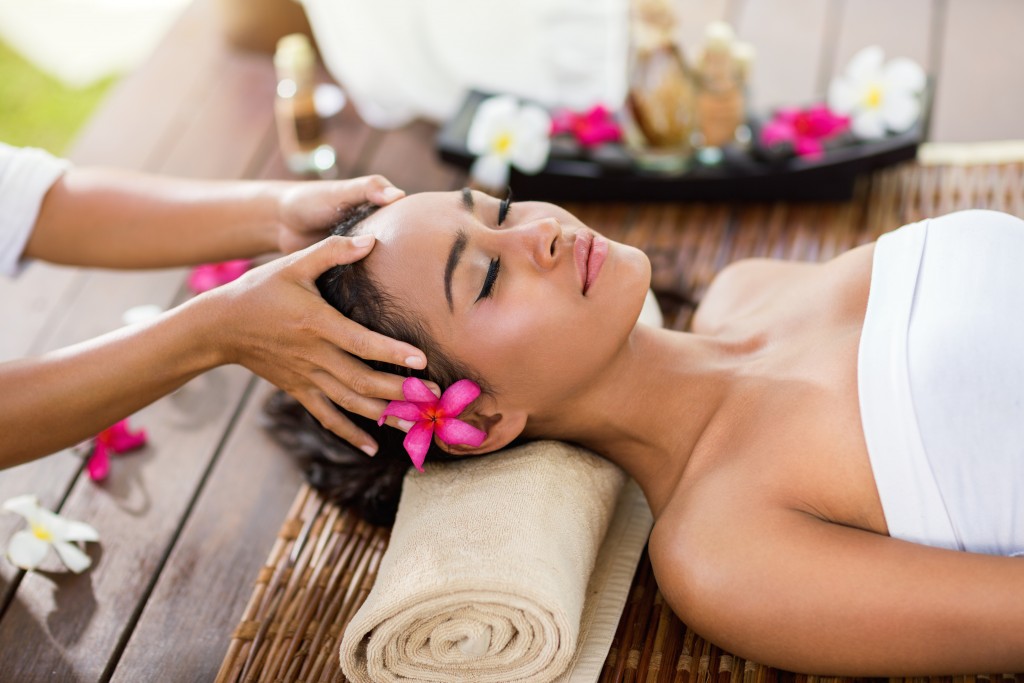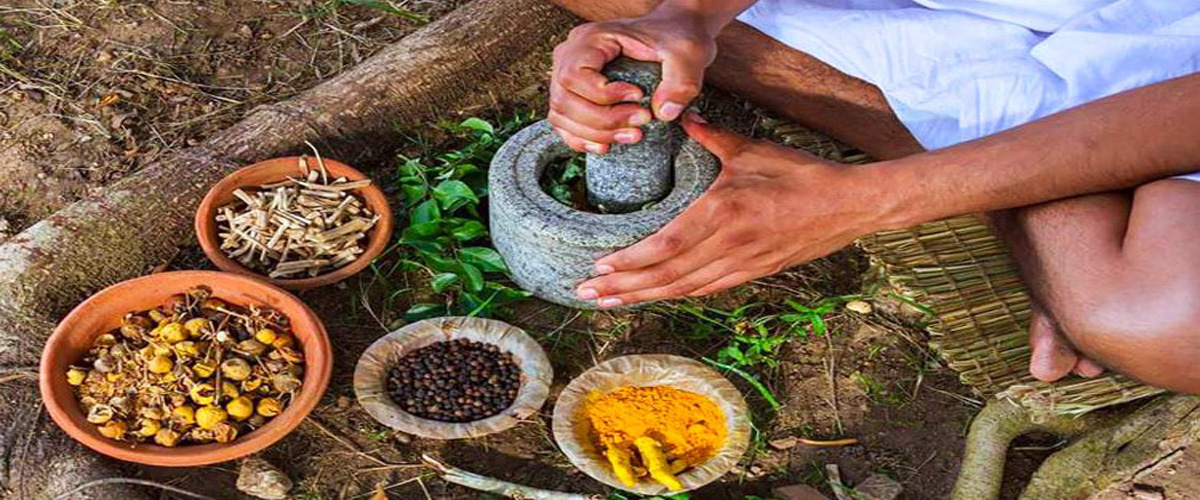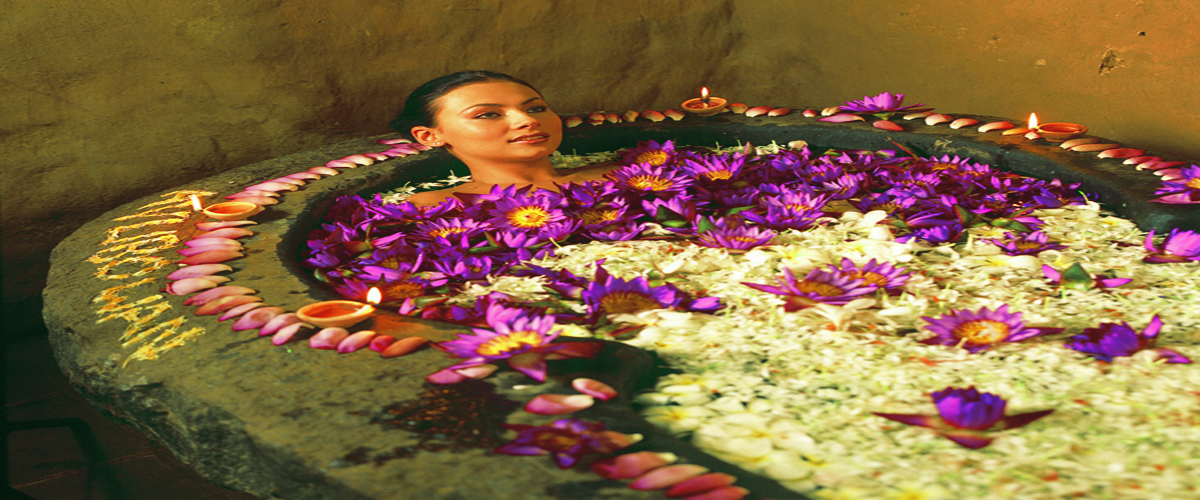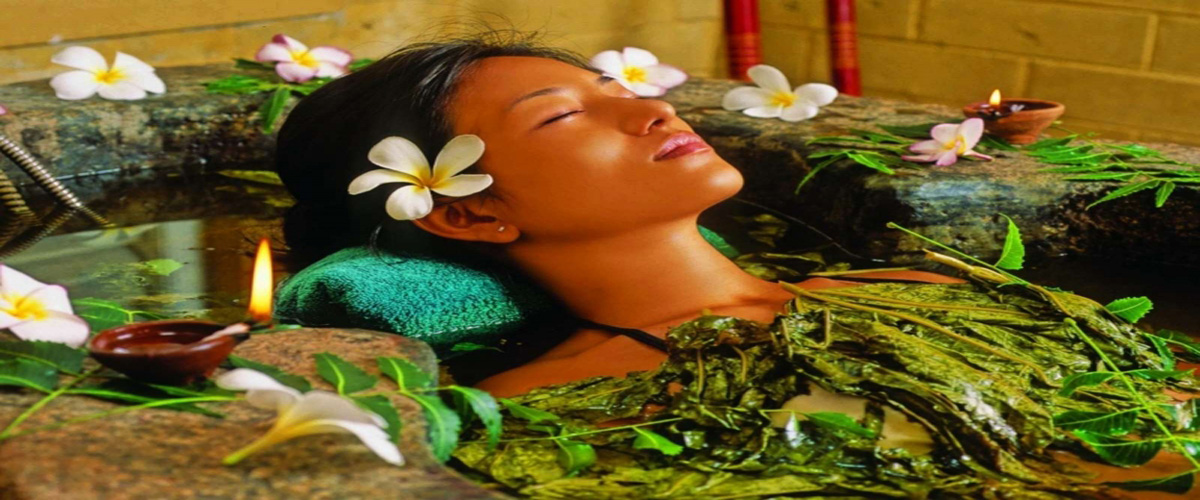Ayurweda
Sri Lanka has its own indigenous scheme of traditional medicine (Ayurveda).[1][2] This system has been practised for many centuries in the island nation. The Sri Lankan Ayurvedic tradition is a mixture of the Sinhala traditional medicine, Ayurveda and Siddha systems of India, Unani medicine of Greece through the Arabs, and most importantly, the Desheeya Chikitsa, which is the indigenous medicine of Sri Lanka.
Ancient inscriptions on rock surfaces reveal that organized medical services have existed within the country for centuries. In fact, Sri Lanka claims to be the first country in the world to have established dedicated hospitals. The Sri Lankan mountain Mihintale still has the ruins of what many believe to be the first hospital in the world. Old hospital sites now attract tourists, who marvel at the beautiful ruins. These places have come to symbolize a traditional sense of healing and care, which was so prevalent at that time.
Historically the Ayurvedic physicians enjoyed a noble position in the country’s social hierarchy due to their royal patronage. From this legacy stems a well-known Sri Lankan saying: “If you can not be a king, become a healer.” Along with Buddhism, the interrelationship between Ayurveda and royalty continues to influence politics in Sri Lanka.







